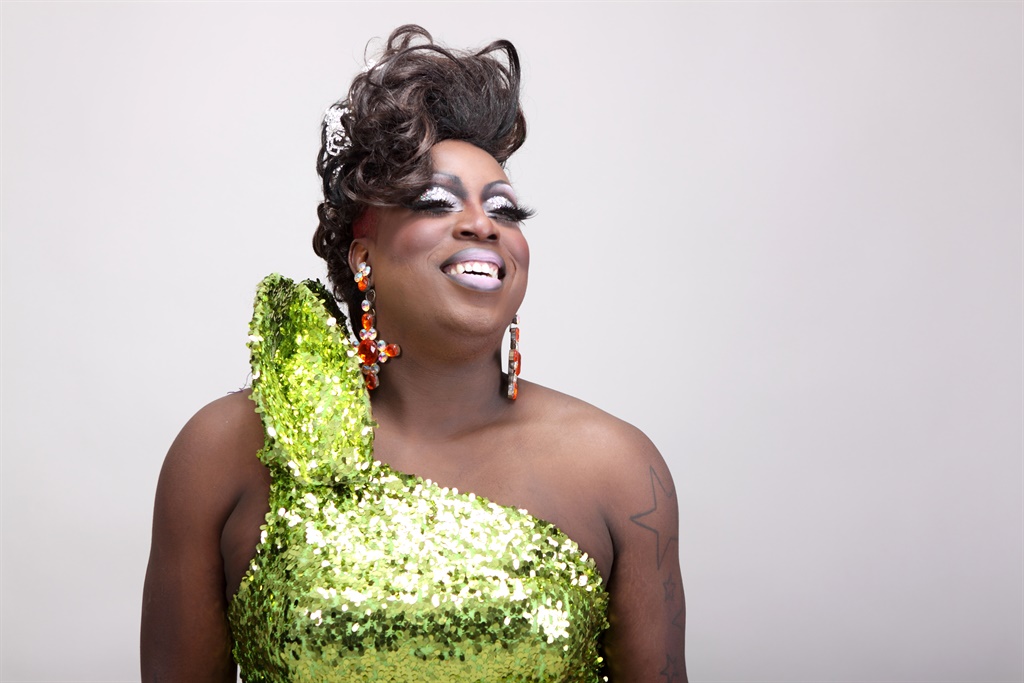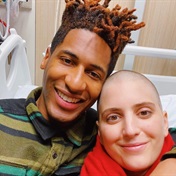
Help usher the English language into the 21st century by adopting gender-neutral pronouns as part of your everyday language. Welcome Lishivha shares tips on how to be more inclusive with your language.
When it comes to pronouns used to refer to people, a lot of English speakers seem limited to the gender binary of him/her and he/she, often leading folks to make incorrect and sometimes harmful assumptions about people’s genders.
The rise in the visibility and voice of women and the LGTBIQ community has brought to the fore the scrutiny of gendered pronouns.
Gender-neutral pronouns create room for awareness about gender non-binary and agender folks, moving away from “he” as the default pronoun and recognising the spectrum of gender.
A recent study by Washington University found that using gender-neutral pronouns reduces mental biases that favour men and boosts positive feelings towards women and LGBTIQ people.
In addition to creating awareness and avoiding embarrassing encounters of mis-gendering people, it’s important to remember that gender references are not important in our use of language as far as communicating our ideas and meanings are concerned.
The reference to one’s gender is almost always secondary and insignificant when communicating with people.
And if you find yourself seriously wanting to assign a binary gender in your speech, you probably belong to a special part of the population that is invested in reinforcing limited gender norms.
You would be better off concerning yourself with your message more than you do the gender.
Conversations about using gender-neutral terms might have gained prominence in the past few years, but the spectrum of gender is not new. It’s as old as the human race.
By adopting gender-neutral pronouns, we allow our language to reflect the diversity of the human race. Here’s how:
1. Use the singular pronoun ‘they’ instead of he/she
According to the Oxford English Dictionary, the use of the singular pronoun “they” dates as far back as 1375 in the medieval romance William and the Werewolf.
Some linguists have challenged the use of “they”, saying you can’t use a plural noun to a singular antecedent.
The critics forgot that they have probably used “you” to refer tomore than one person.
America’s oldest dictionary, the Merriam-Webster recently added “they” as a non-binary pronoun to its online dictionary.
There have been attempts to adopt other pronouns such as “ze” and “zir” and “hir” which haven’t gained as much prominence as “they”.
For now, “they” is the leading pronoun in the quest against gendered pronouns.
In many of the South African languages we refer to elders in the plural “they” as a sign of respect.
The same principle is applied when using “they” as singular in English.
2. Use ‘one’
The idea of using “he” and “he/she” as default to refer to an unknown person is an ancient one. The singular third-person pronoun “one”, considered by some to be an impersonal pronoun, is also a gender-neutral term that breaks away from the deeply gendering nature of the English language.
3. Instead of ‘ladies and gentlemen’ use gentlefolk
I can’t remember the number of times I’ve had cringeworthy moments, knowing there were non-binary individuals in a room when an emcee opened proceedings with “ladies and gentlemen”. The ancient salutation is increasingly scrutinised and is slowly becoming a thing of the past as more people come to realise there are other genders. Besides, gentlefolk makes you sound witty.
4. Stay away from ‘guys’
Many people use “guys” loosely to refer to a group of people. I know many people who earnestly say “guys” to refer to people generally but could not honestly refer to a woman or a non-binary person as a “guy” in the singular. Instead of “hi guys”, say “hi folks”.
5. If you ever ask, ask appropriately
If you really have to ask what people’s pronouns are (note that I didn’t use “preferred pronouns”), you must first consider why it matters and then you must consider their safety. Is it safe for them to possibly come out as non-binary, trans or gender non-conforming? There is something about “preferred” that implies choice when there might be none. Besides, most of the time, this is none of your business.
6. Use people’s names
Very often we revert to pronouns when we don’t know people’s names or how to pronounce them. Learning to say people’s names correctly is as important as using the correct pronouns to refer to them. Even in our correct use of pronouns, let’s not forget the age-old saying that a person’s name is to that person the sweetest sound.
7. Stand up against misgendering
If you know someone is gender non-binary and someone refers to them incorrectly in a conversation, take a moment to say “their pronoun is they, not he/she”. This will contribute towards building an inclusive everyday language.
8. Use the honorific Mx
Developed in the late 1970s, the honorific Mx (pronounced mix) is used by gender non-binary folks and people who prefer to conceal their identity for a variety of reasons (including gender bias). The honorific is recognised by all the major English dictionaries.
9. Avoid gendered nouns
Learn to replace words, such as waitress, actress, barman, chairman and mankind. Use waiter, actor, bartender, chairperson and humankind instead.




 Publications
Publications
 Partners
Partners








